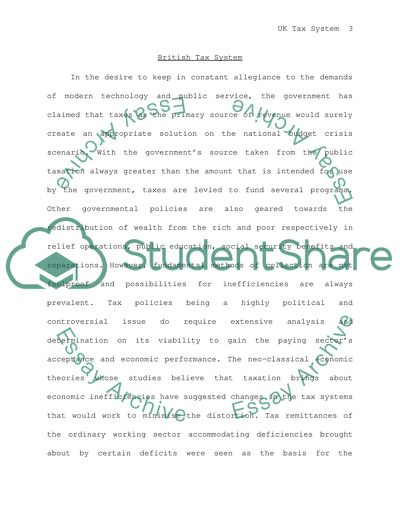Cite this document
(“UK Tax System Essay Example | Topics and Well Written Essays - 3250 words”, n.d.)
UK Tax System Essay Example | Topics and Well Written Essays - 3250 words. Retrieved from https://studentshare.org/politics/1523958-uk-tax-system
UK Tax System Essay Example | Topics and Well Written Essays - 3250 words. Retrieved from https://studentshare.org/politics/1523958-uk-tax-system
(UK Tax System Essay Example | Topics and Well Written Essays - 3250 Words)
UK Tax System Essay Example | Topics and Well Written Essays - 3250 Words. https://studentshare.org/politics/1523958-uk-tax-system.
UK Tax System Essay Example | Topics and Well Written Essays - 3250 Words. https://studentshare.org/politics/1523958-uk-tax-system.
“UK Tax System Essay Example | Topics and Well Written Essays - 3250 Words”, n.d. https://studentshare.org/politics/1523958-uk-tax-system.


